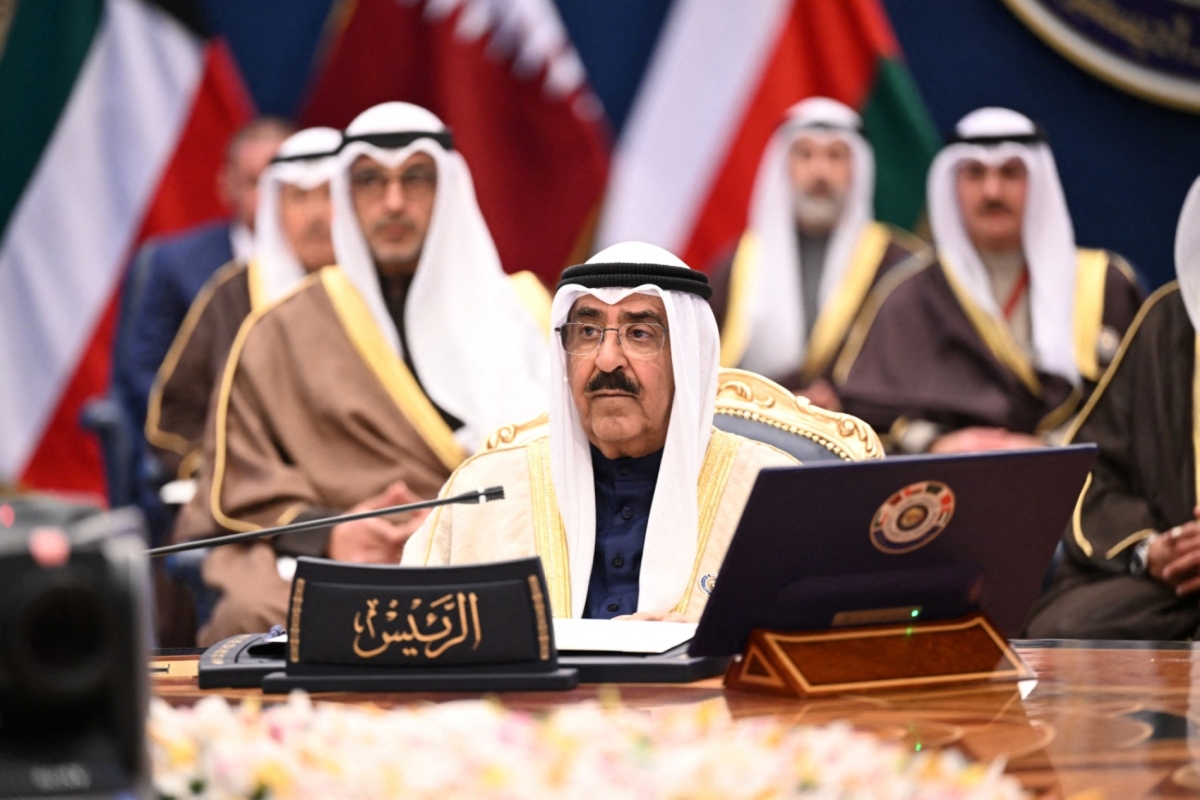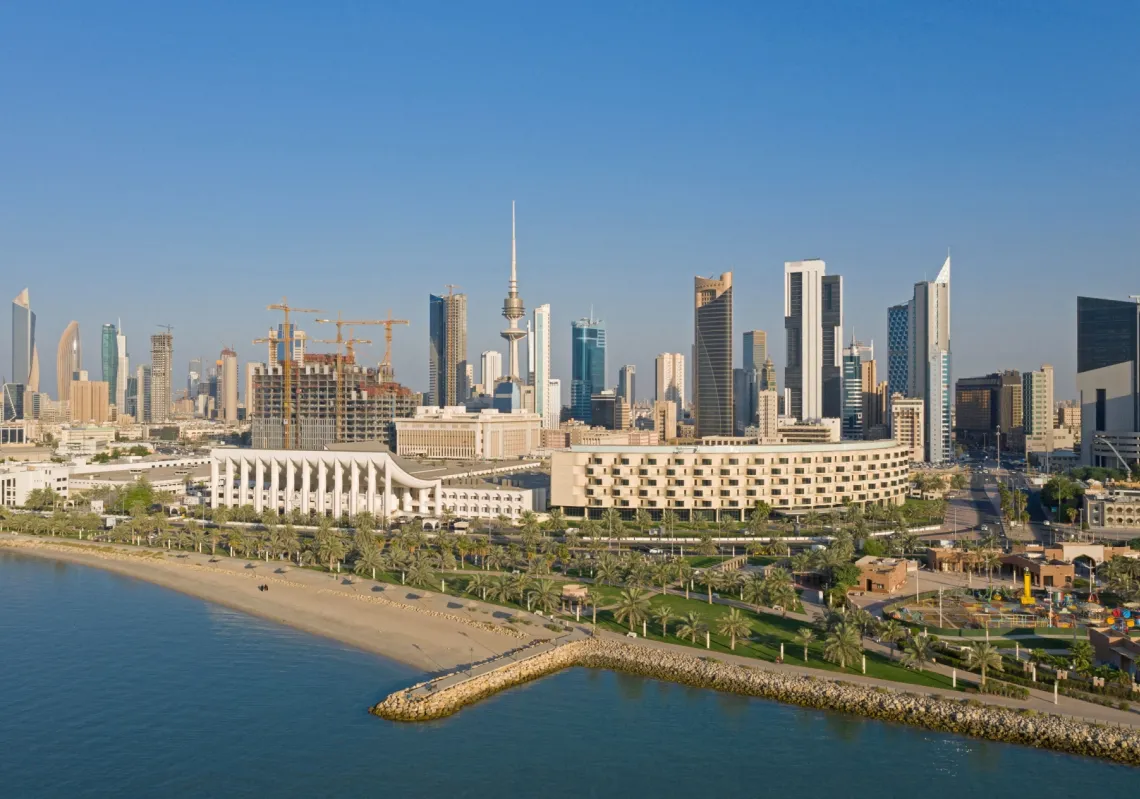When Sheikh Mishal Al-Ahmad Al-Jaber Al-Sabah assumed direct leadership of Kuwait as its emir, he was swift to outline his ambitions for the country. He sought to address decades of political deadlock, during which recurring friction between the legislative and executive branches of government had stalled reforms, hindered oversight, and left Kuwait trailing its Gulf Cooperation Council (GCC) peers.
Sheikh Mishal has since taken the country into a phase of national development, aimed at strengthening its national legislative, executive, and oversight apparatus. After being internationally renowned for political deadlock for so long—with 31 cabinets in three decades—Kuwait’s move to break decades of political inertia has been widely noted around the world.
Al Majalla now outlines the country’s most significant institutional and political transformations and their implications for Kuwait’s future and its evolving role in the Gulf region.
Early inklings
In his inaugural address before the National Assembly in December 2023, Sheikh Mishal signalled the dawn of a transformative chapter in the country's political life. The speech marked a decisive break from the past and foreshadowed sweeping measures to restructure governance and restore the effectiveness of the state.
By May 2024, he acted on his earlier warnings of “grave and consequential steps” by dissolving parliament for a period of up to four years and suspending select constitutional provisions. Ever since, a comprehensive reform agenda has taken shape, known as Kuwait Vision 2035. It is centred on restoring the authority of the state, enhancing the performance of governing institutions, and reigniting the country’s developmental momentum.
Then, in June 2024, Sheikh Mishal made an unexpected yet strategic move by appointing Sheikh Sabah Al-Khalid Al-Hamad Al-Sabah as Crown Prince. This laid the groundwork for Kuwait's economic future by establishing the administrative and legislative conditions necessary to catch up with the rest of the Gulf.
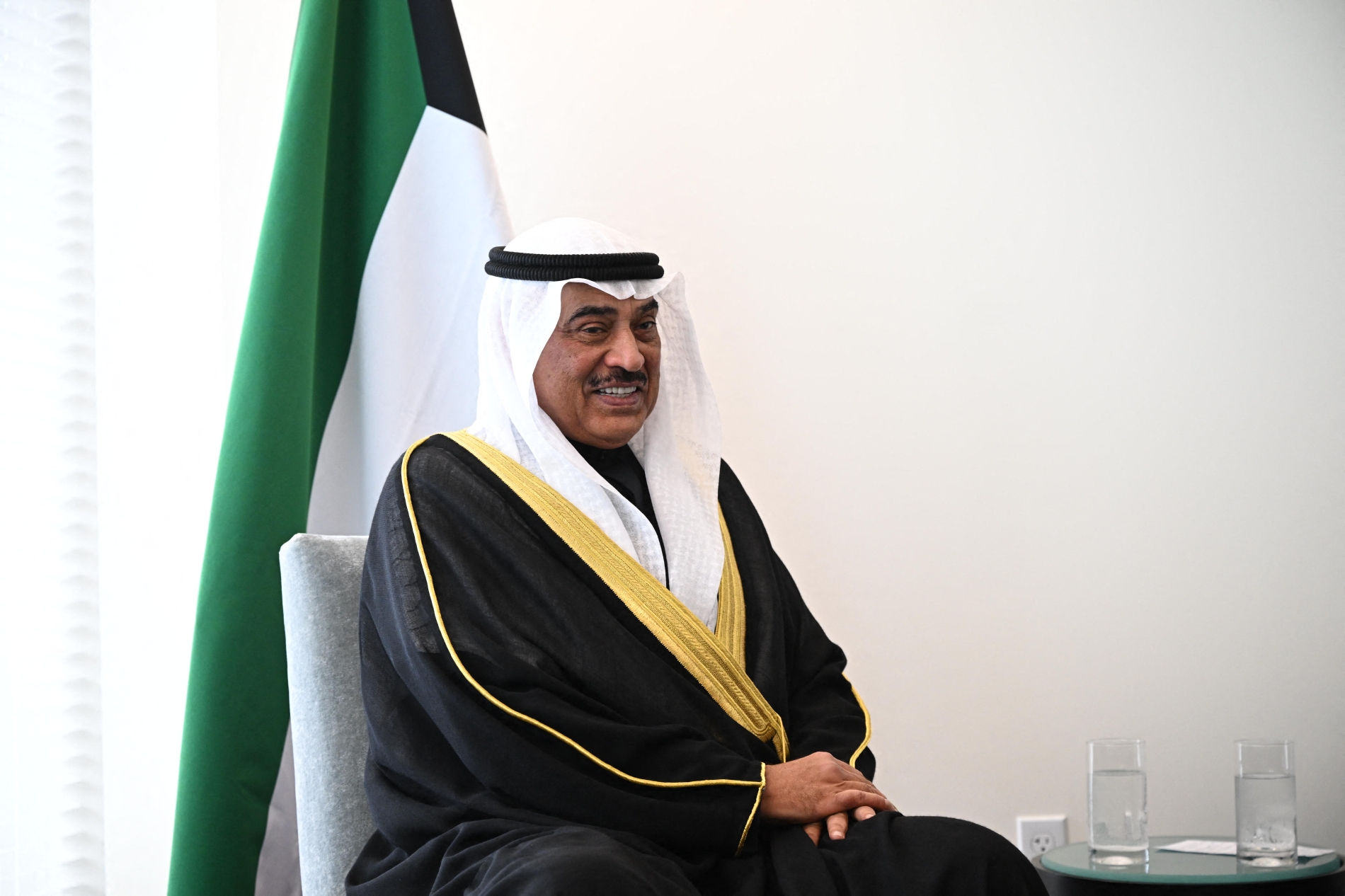
Following the swearing-in of the new government led by Ahmad Al-Abdullah Al-Sabah as prime minister, Sheikh Mishal pledged to personally monitor the government’s performance. He urged ministers to accelerate infrastructure projects and address pressing challenges in healthcare, housing, and education, all while upholding transparency and safeguarding public funds. He also called for economic reform and investment to build a sustainable economy.
The strategy includes investing in human capital, promoting innovation and scientific research, improving the business climate and government services, and advancing digital transformation. These pillars closely reflect the core components of other Gulf states’ national visions, many of which have already made significant strides in these areas.
As Kuwait fast-tracks a series of strategic reforms, it has chosen a range of high-profile partners, including China and global corporate giants such as Google and Microsoft. A long-stalled project—the construction of Mubarak Al-Kabeer Port, on Bubiyan Island in the country’s north—has been reinvigorated after it lay dormant for over a decade. In June 2024, a Chinese delegation arrived for “in-depth technical and field discussions”, according to the Kuwait News Agency (KUNA). The project is considered a cornerstone of Kuwait Vision 2035, the country’s long-term strategy for economic diversification.
There are also initiatives to expand the national energy grid, the launch of a low-carbon recycling system and the establishment of free economic zones for trade and investment hubs to attract international capital. There are also plans to transform areas of desert into ecological agricultural areas.
An agreement with Google covers cloud computing to support the digitisation of government services. It will also involve the launch of a national cybersecurity programme. And a strategic partnership with Microsoft will bring advanced infrastructure, including a data centre for artificial intelligence and cloud computing.
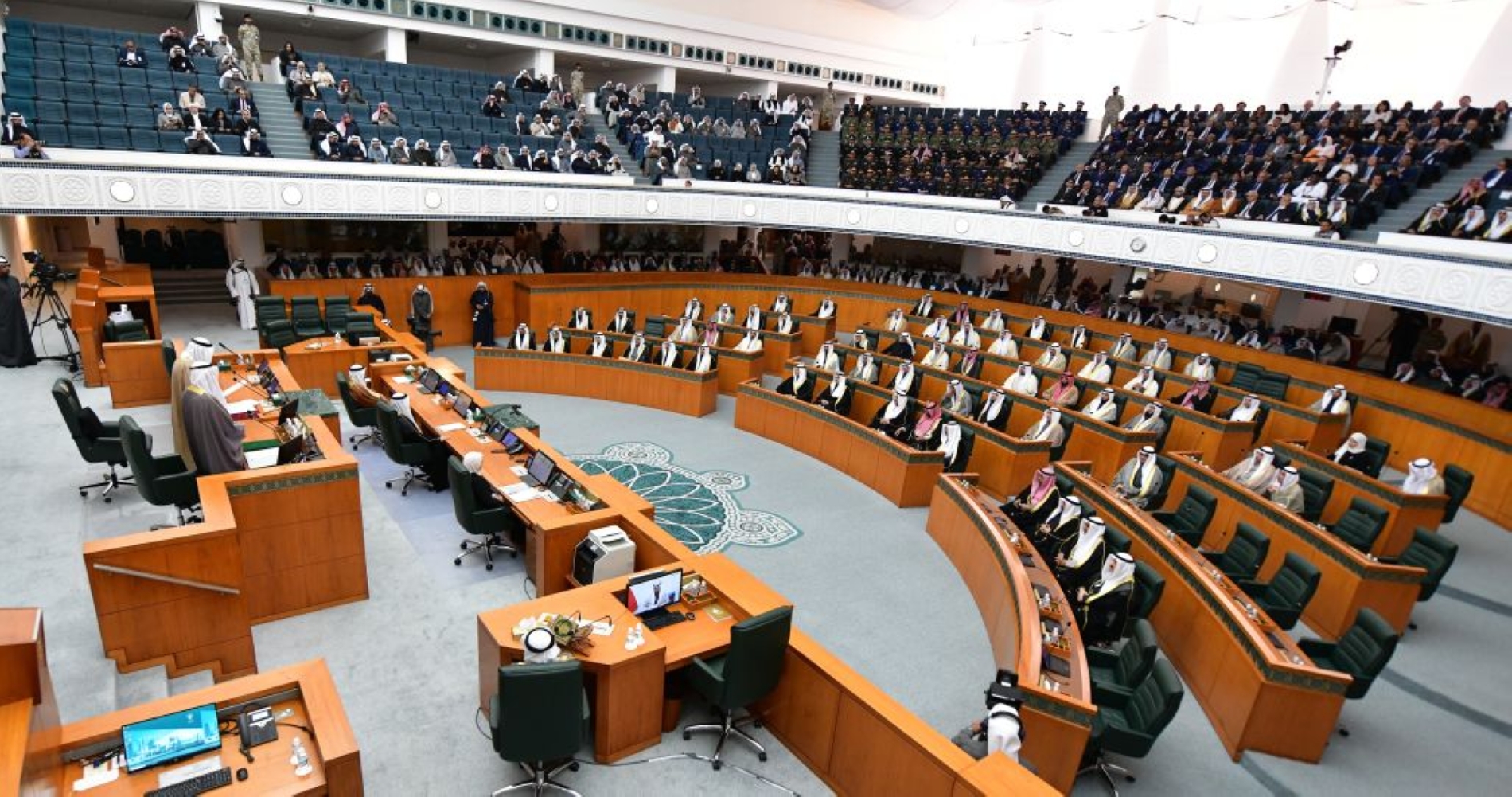
Legislative reform
Since the dissolution of parliament, the cabinet launched a comprehensive review of public services and existing legislation, aiming to correct the administrative stagnation caused by years of political deadlock.
The government’s broader plan includes enhancing productivity, elevating administrative performance, and fully digitising public services. It aims for “paperless government” in cooperation with leading global tech firms. There will be an advanced promotions mechanism based on productivity and merit, alongside initiatives to empower women across the public sector.
The plan, reported in Kuwaiti daily Al Qabas, also includes six key pillars:
1. Restructuring the government apparatus
2. Building a digital society and reinforcing integrity
3. Improving workplace environments across public institutions
4. Investing in human capital
5. Implementing development plans efficiently
6. Achieving sustainable development goals
National debt
Since 2018, efforts to pass a public debt law had stalled repeatedly in the National Assembly. The proposed legislation, which would have allowed the government to borrow domestically to finance development projects and address persistent budget deficits, was revived in 2020, only to meet the same fate. As a result, critical projects remained unfunded, and the state was left without a legal borrowing mechanism.
The dissolution meant a public debt law has been enacted. According to the Ministry of Finance, the law permits the issuance of financial instruments with maturities of up to 50 years and sets a public debt ceiling of 30 billion Kuwaiti dinars, or approximately $97.4bn.
Identity politics
The question of citizenship and national security emerged as one of the most sensitive and urgent issues in Kuwait’s new political era. Within two months of the dissolution of parliament, the government started taking action, withdrawing citizenship from people who either acquired it illegally or who are deemed a threat to security. The renewed efforts came after Kuwait had granted citizenship to thousands in the 1990s and 2000s.
There is now regular scrutiny of cases from the Supreme Committee for Nationality Investigation. By mid-July, observers estimated that nearly 50,000 individuals had lost their Kuwaiti citizenship.
Judicial reform
Kuwait’s legal and institutional structure is being overhauled to modernise the state, enforce the rule of law, and strengthen national sovereignty. Reform has targeted issues that directly affect citizens’ daily lives, with a particular focus on transparency, accountability, and security. The legal system has been changed to reinforce justice, protect national identity and enhance the effectiveness of state institutions.
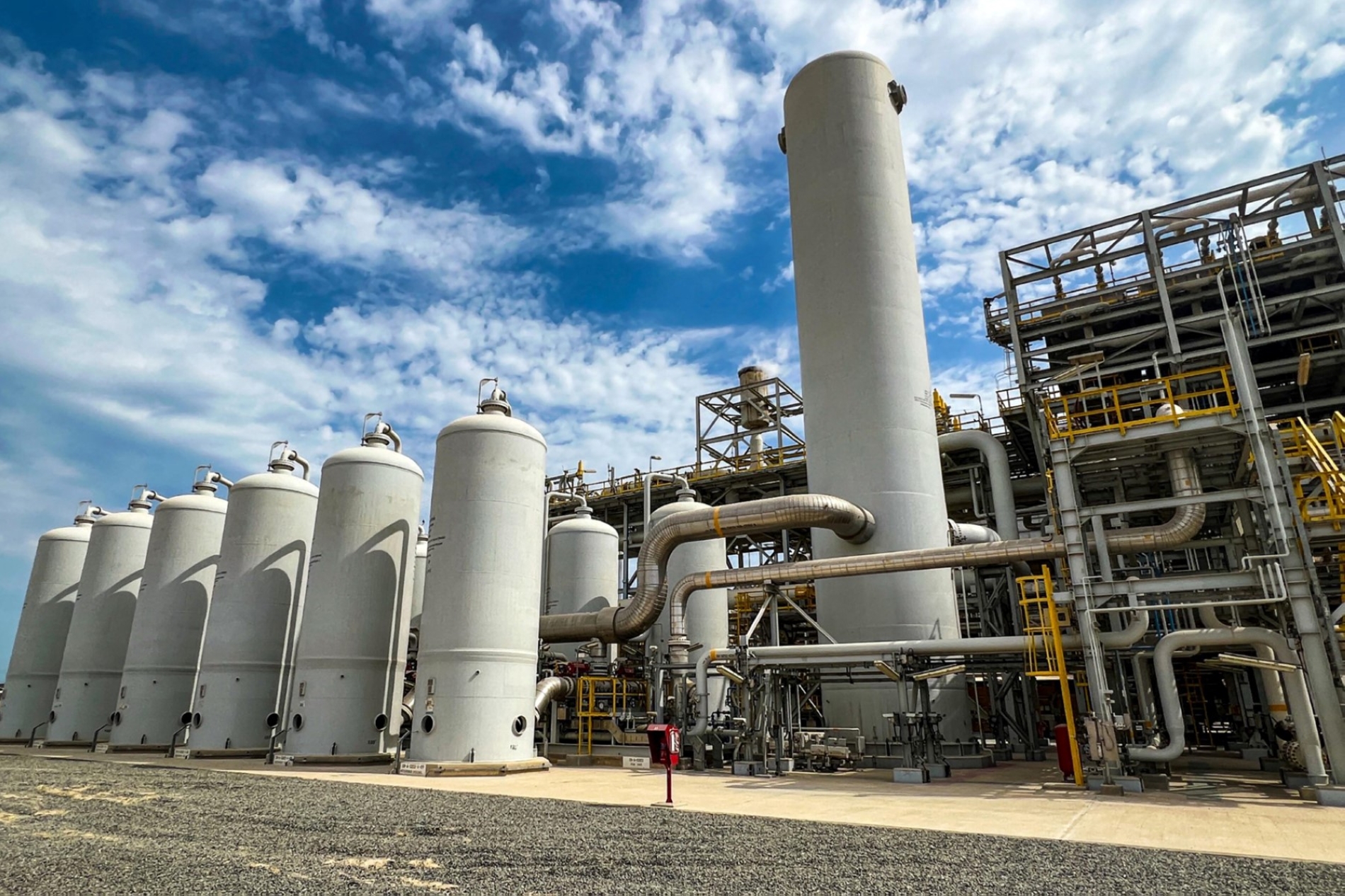
Praise and profits
A survey of 20 global financial analysts by the Reuters news agency predicted economic growth of 3% by 2025, the highest in years, and only partly due to increased oil production. It cited the decisive role of “financial and legislative reforms” in restoring investor confidence.
The passage of Kuwait’s first public debt law in eight years was described by the Financial Times as a “fundamental turning point”, reflecting a strategic pivot away from oil dependence to long-term investment in mega-projects like Mubarak Port.
The Kuwait Stock Exchange has mirrored this growing confidence. In the first half of 2025, it recorded a historic 61% increase in profits compared to the same period in 2024. This leap was attributed to improved operational revenues and rising market liquidity.
According to The Banker magazine, the surge reflects “growing local and foreign investor confidence in Kuwait’s new economic management.”


